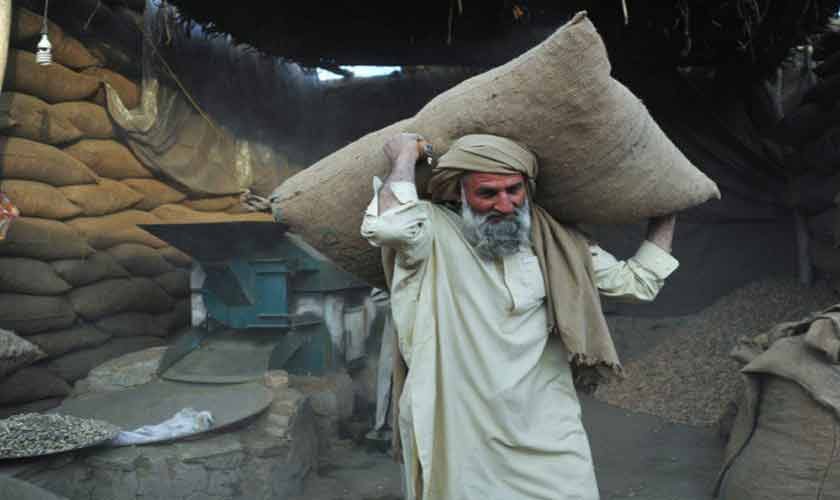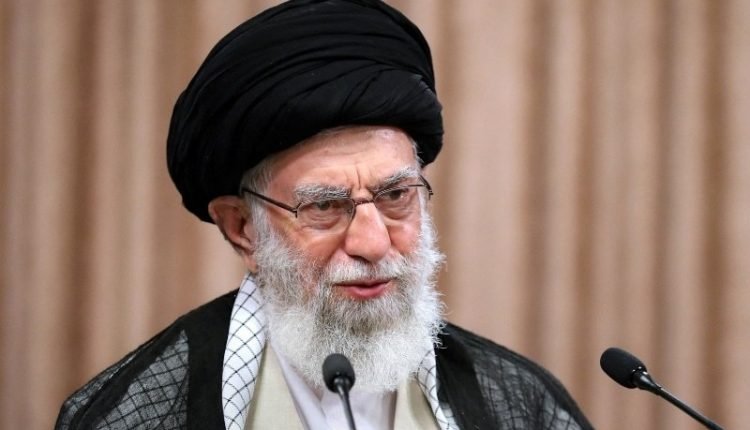Dr Bilawal Kamran
Each year, on May 1st, the world commemorates Labour Day — a day rooted in the struggle for workers’ rights, fair wages, and humane working conditions. Yet, in Pakistan, the observance feels increasingly hollow for millions of workers trapped in a cycle of low pay, job insecurity, and institutional neglect. For most daily-wage earners and informal workers, Labour Day passes like any other — without a break, recognition, or assurance of a better tomorrow.
Despite periodic promises by successive governments, including recent commitments from President Asif Ali Zardari and Prime Minister Shehbaz Sharif, there remains a stark gap between rhetoric and reality. The fundamental rights of workers — to organize, to be paid fairly, to rest, and to work in safety — continue to be sidelined in economic policy and governance frameworks.
Trade unions in Pakistan once served as vital platforms for collective bargaining, enabling workers to advocate for better conditions and just treatment. However, years of political manipulation, suppression, and legislative restrictions have crippled these institutions. A key turning point was the regime of Gen Pervez Musharraf, whose government actively weakened union power. Since then, unions have faced systematic erosion, leaving workers with little leverage against exploitative practices.
Further compounding the problem is the persistent misuse of the Pakistan Essential Services (Maintenance) Act of 1952. Originally intended for emergency situations, it is now routinely used to stifle union activities in critical public sectors like Pakistan International Airlines (PIA), effectively criminalizing legitimate worker advocacy.
This trend has led to a disturbing narrative in policy circles: that workers are liabilities rather than contributors to economic progress. This mentality, left unchecked, dehumanizes labourers and reduces their rights to a set of negotiable privileges rather than non-negotiable entitlements.
The working conditions for many in Pakistan, especially those in informal and daily-wage jobs, are harrowing. Despite the global recognition of the eight-hour workday, many labourers in Pakistan routinely work up to 16 hours, often without overtime pay or legal recourse. With utility prices soaring, food inflation at record highs, and stagnant wages, the average worker is left with few means of survival.
While the government periodically increases the minimum wage, actual implementation remains sluggish and inconsistent. Notifications are delayed for months, wage boards function inefficiently, and there is little monitoring to ensure compliance. Consequently, thousands of workers continue to receive less than the legal minimum wage, especially in sectors that lack union representation or operate in the informal economy.
Domestic workers, construction labourers, street vendors, and other unregulated job holders are particularly vulnerable. These individuals depend entirely on private employers, who often exploit the absence of regulation to deny them basic rights such as fair pay, medical coverage, or occupational safety.
Pakistan’s labour crisis is more than a question of economic justice — it is a profound human rights issue. The right to decent work is central to human dignity and sustainable development. Workers are not mere inputs in an economic machine; they are individuals with families, aspirations, and intrinsic worth.
The state must treat labour protections as an extension of its constitutional and moral obligations. This includes ensuring that all workers — formal or informal — have access to safe workplaces, adequate salaries, social protection schemes, and legal support. Health coverage for workers and their families, pensions, accident insurance, and education opportunities for their children must be institutionalised as standard entitlements.
This approach also aligns with Pakistan’s commitment to the Sustainable Development Goals (SDGs), particularly SDG 8, which calls for “decent work and economic growth.” Without robust protections and institutional support for workers, achieving inclusive development will remain an unattainable dream.
Strong, independent trade unions are not a threat to economic stability — they are a prerequisite for it. Countries with thriving labour movements often enjoy higher productivity, lower inequality, and greater political stability. In Pakistan, however, the marginalisation of unions has created an imbalance where corporate and state interests dominate, often at the expense of the worker.
Please subscribe to the YouTube channel of republicpolicy.com for quality podcasts:
Rebuilding the legitimacy and capacity of trade unions must become a central part of Pakistan’s economic recovery strategy. This includes repealing anti-union laws, stopping the misuse of essential services legislation, and ensuring that unions can operate freely and represent workers without fear of retaliation.
Furthermore, the labour movement must modernise and broaden its scope. Beyond industrial labour, it must also reach out to workers in the gig economy, domestic service, and emerging tech sectors — many of whom have no formal representation and face precarious work conditions.
Pakistan is currently navigating one of its most serious economic crises in recent history, marked by soaring debt, a shrinking industrial base, and rising unemployment. In this context, empowering workers is not a luxury but a necessity. An underpaid, demotivated, and overworked labour force cannot drive economic recovery or national productivity.
Labour dignity must become central to the country’s reform agenda. This means investing in skills training, expanding social safety nets, and creating employment policies that prioritise job security and fairness. It also calls for a national dialogue involving workers, unions, employers, and policymakers to realign economic priorities with the real needs of the labour force.
The path forward requires a shift in mindset: from viewing labour as a cost to seeing it as the foundation of national prosperity. When workers thrive, the economy grows, families flourish, and society stabilizes.
This Labour Day, Pakistan must move beyond ceremonial gestures and confront the structural failures that have left its workforce disenfranchised. Political leaders must move from statements to action; private employers must embrace ethical labour practices; and civil society must continue to advocate for fair and inclusive labour laws.
The revival of labour rights is not just about restoring past privileges — it is about shaping a more equitable future. It’s time to rewrite the narrative around trade unions, reframe the value of labour in national discourse, and treat workers not as tools of production, but as human beings at the heart of the country’s progress.
May 1st should not be a day of empty promises but a powerful reminder that the strength of a nation lies in the dignity of its labour.
















